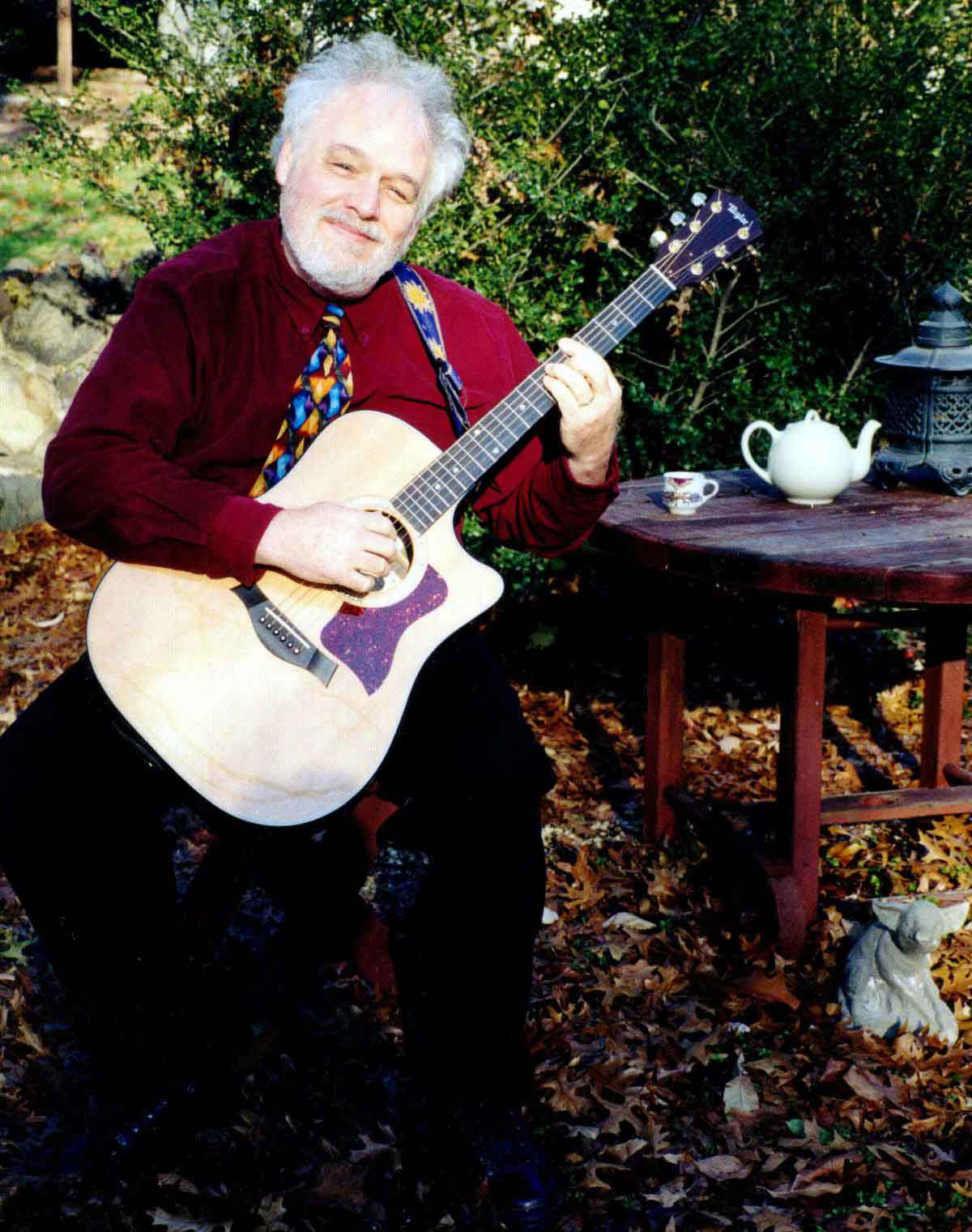
An Island folk artist is working on keeping the genre alive in New York City
By: Barbara Russo
&npsp; Gary Paul Hermus, a singer/songwriter from Staten Island,
is trying to save the folk music scene in the New York City area.
By playing in coffeehouses, bars and with nonprofit organizations
in churches, Hermus is a local artist working on keeping folk
alive.
The contemporary folk musician who currently resides in Morristown,
NJ, describes his music as anything but "poppy." According to Hermus,
part of the reason various musical genres are dying, including country/folk
stylings, is that there are too many talented musicians crossing
over into the pop scene.
"People like John Mayer and Dave Matthews are an inspiration for
a lot of young contemporary folksingers, yet they really crossed
over into more of the pop charts," Hermus explained.
By singing folk music in New York City, Hermus is already
a rare breed, but on top of that, his style is rather unique.
"I think of myself as a singing storyteller; which is a little
less common these days. A lot of what one hears in the genre is
involved in self exploration," Hermus explained. "I do some of
that, but tend to develop more of my songs about other characters;
even when I'm singing in first person, it's often from another's
perspective, like writing a short story of a play. And in many
of the songs that are about occurrences in my life, it's often
more like recounting a story about a particularly eventful experience
in your life to a friend."
Hermus, who will be playing at the Muddy Cup on January 28, admits
that the country/folk scene is barely hanging on in the New York
City area.
"There are still clubs around, but it's a far cry from what it
was. At one time, Stapleton was a real hotbed of all kinds of
exciting music. Even New Dorp had places where you could listen
to what was then called fusion jazz," Hermus explained.
He also feels that only about a decase or so ago, people were
much more willing to listen to a variety of music, rather than
just sticking to that one style that identified a specific geographic
area.
"We're tax refugees," he said. "At the time, we thought it was a
terrible thing, but we found a lovely house in Morris Township.
It's the law of Buddhism. There's no good thing or bad
thing, or least you can't tell until it's happening. We've
lived out here for a year and a half and it turned out
to be the nicest thing that could have happened to us."
He has written more than 30 new songs and has spent
the past two years honing them through live performances
throughout the Northeast. Good crowd reception has encouraged
him to record an album of songs at his home studio.
He plans to employ guest guitarist Tony D'Ambrosia
from Middletown, N.Y., for the project.
Hermus plays in a fingerpicking style and sings
in a sweet-toned voice in melodious, personal songs that
reflect his upbringing in Brooklyn, summers spent at
square dances at his grandparent's house in Vega, N.Y.,
and his current experiences in New Jersey.
"I really look at the personal aspect of the tale
of the human condition," he said.
Hermus likens his songwriting to portraying a character
in a play or a movie. In that sense, he feels his songs
are cinematic, poetic and dramatic in their storytelling.
One new song examines the life of a computer programmer
whose job has been outsourced to India. The song's narrator
looks at his own unemployment from the perspective of
his father who had to find work during the Rust Bowl
years.
Another song relates his efforts to help his younger
brother out of a difficult dilemma. The story humorously
focuses on the burden of being an older sibling and
always having to be responsible for other's actions.
His song, "Sid's Gaseteria," taps into his teen
experiences in Canarsie where he knew friends who worked
on "muscle" cars and became local heroes.
"That's really what I like to look at. The human
side of it," he said of his songwriting. "That's far
more interesting and fulfilling than proselytizing or
preaching. It's something that the audience knows in
its hearts. They've lived this stuff."
Robert Hicks can be reached at (973) 428-6200.